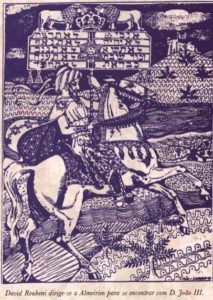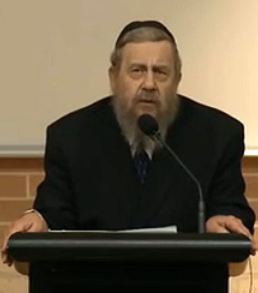 Martin John Gilbert (1936-2015) was born in London to parents of Russian-Jewish background. Soon after World War II broke out, the family was moved to Canada by the British government. Returning to England after the war, Gilbert finished his schooling and served for two years in the British Intelligence Corps. He then went to Oxford to study history. While a postgraduate in 1962, Gilbert was asked by Winston Churchill’s son Rudolph to assist as a researcher for Churchill’s biography. Randolph died a few years later, having brought forth just two volumes on Churchill. Gilbert took over and became the official biographer for Churchill, working on the project for over twenty five years, publishing many volumes along the way. (Currently, there are 31 books encompassing over 25,000 pages, and Gilbert had plans for more.) It was said that “Whoever made the decision to make Martin Gilbert Churchill’s biographer deserves a vote of thanks from the nation. Nothing less would suffice.” Aside from Churchill, Gilbert’s primary interests were studying the World Wars and the Holocaust, as well as producing historical atlases (his were among the very first produced). He also wrote a great deal of books and histories of Jewish communities, of Russia, Israel, and the Arab-Israeli conflict, as well as to assist the plight of Soviet Jewry. All in all, Gilbert published an astounding ninety books, many of which were highly acclaimed. His abilities as a scholar and writer were praised. His first volume on Churchill had an original rough draft with two million words (which Gilbert narrowed down to 300,000 for publication), while the short “precis” version of the biography was a mere 981 pages! Gilbert also wrote for The Sunday Times, and for a number of films and TV programs, did research for the BBC, lectured at the White House, and stood before the UN Human Rights Commission. Since 2009, he served as the Privy Counsellor of the British commission inquiring into the Iraq War. Gilbert won numerous awards and honourary degrees, and was knighted in 1995. Sadly, he passed away last week after a lengthy illness.
Martin John Gilbert (1936-2015) was born in London to parents of Russian-Jewish background. Soon after World War II broke out, the family was moved to Canada by the British government. Returning to England after the war, Gilbert finished his schooling and served for two years in the British Intelligence Corps. He then went to Oxford to study history. While a postgraduate in 1962, Gilbert was asked by Winston Churchill’s son Rudolph to assist as a researcher for Churchill’s biography. Randolph died a few years later, having brought forth just two volumes on Churchill. Gilbert took over and became the official biographer for Churchill, working on the project for over twenty five years, publishing many volumes along the way. (Currently, there are 31 books encompassing over 25,000 pages, and Gilbert had plans for more.) It was said that “Whoever made the decision to make Martin Gilbert Churchill’s biographer deserves a vote of thanks from the nation. Nothing less would suffice.” Aside from Churchill, Gilbert’s primary interests were studying the World Wars and the Holocaust, as well as producing historical atlases (his were among the very first produced). He also wrote a great deal of books and histories of Jewish communities, of Russia, Israel, and the Arab-Israeli conflict, as well as to assist the plight of Soviet Jewry. All in all, Gilbert published an astounding ninety books, many of which were highly acclaimed. His abilities as a scholar and writer were praised. His first volume on Churchill had an original rough draft with two million words (which Gilbert narrowed down to 300,000 for publication), while the short “precis” version of the biography was a mere 981 pages! Gilbert also wrote for The Sunday Times, and for a number of films and TV programs, did research for the BBC, lectured at the White House, and stood before the UN Human Rights Commission. Since 2009, he served as the Privy Counsellor of the British commission inquiring into the Iraq War. Gilbert won numerous awards and honourary degrees, and was knighted in 1995. Sadly, he passed away last week after a lengthy illness.
Words of the Week
Everything happens by Divine Providence. If a leaf is turned over by a breeze, it is only because this has been specifically ordained by God to serve a particular function within the purpose of creation.
– Rabbi Israel Baal Shem Tov


